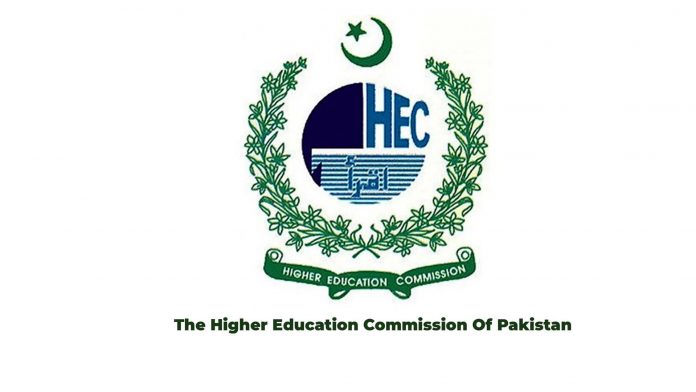DNA
ISLAMABAD – In response to COVID-19 crisis, the Higher Education Commission (HEC) launched a focused Rapid Research Grant (RRG) in April 2020 to engage academia in research around the clinical management of this epidemic. The grant is aimed to encourage academic research to strengthen clinical management or public health response against this virus.
Under the specialised research initiative, potential project proposals were invited to contribute to the much-needed understanding of coronaviruses — the Severe Acute Respiratory Syndrome Coronavirus (SARS-CoV) and COVID-19.
Considering the time-crunch, a specialised panel was constituted and tasked to complete the shortlisting in 3-4 weeks. More than 300 applications were received for this grant. After independent reviews, 58 proposals were shortlisted based on already announced eligibility criteria and other necessary requirements. Later, these proposals were jointly reviewed by experts of Medical and Biological Sciences, Engineering and Technology and finally 10 quality projects made it to the last stage after rigorous scrutiny.
The budget for each of RRG award is up to a maximum of Rs. 15 million (USD 100,000) with a maximum project duration of 12 months. These research projects offer a variety of pragmatic solution-oriented research, ranging from early detection diagnostic kits to immune response and understanding the virus behaviour.
The proposals from 10 universities have been finalized. The University of the Punjab won two grants — one for an indigenous, low-cost production of ultra-pure Taq Polymerase and PCR mix for COVID-19 clinical diagnostic kits, and the other for development of a reliable, economical and high throughput serodiagnosis method for early detection of COVID-19.
COMSATS University Islamabad has won the grant for development of RT-LAMP Assay for early detection of COVID-19, while National Textile University, Faisalabad research will focus on development of bioactive hospital textiles and protective suits against viruses and bacteria by immobilisation of nanomaterials. The University of Veterinary and Animal Sciences, Lahore has won the research grant for epidemiological disease modelling and molecular surveillance of SARS-CoV-2, while DOW University of Health Sciences, Karachi will be working on IVIG production from convalescent plasma of COVID-19 survivors, a low risk, high efficiency passive immunisation strategy against SARS-CoV-2. Interestingly, the test results of DOW university research are already very promising.
Other project winners include the University of Health Sciences, Lahore (Immunological Virology and Genetic Basis of COVID-19 Patients), Lahore University of Management Sciences (Mapping Immune Response to SARS-COv2 using a multidisciplinary approach), Aga Khan University, Karachi (Phylo- and immuno- dynamics of SARS-CoV-2 infection in Pakistan: relating COVID 19 disease severity in with viral diversity) and Health Services Academy (HSA), Islamabad (Computational Modelling for COVID-19 Epidemic in Pakistan: Predictive Modelling of Disease Morbidity, Mortality and Assessment of Demands on the Intensive Care Units).
To ensure high quality of research, faculty members from these universities were encouraged to collaborate with private sector and industry, both within and outside Pakistan, as needed.
HEC funded thousands of research projects in the past, and this has led to more than 20,000 research articles published in recognised journals last year. With provision of RRGs, HEC hopes that academic researchers will come forward to contribute to better health systems coping with real-life challenges.

















